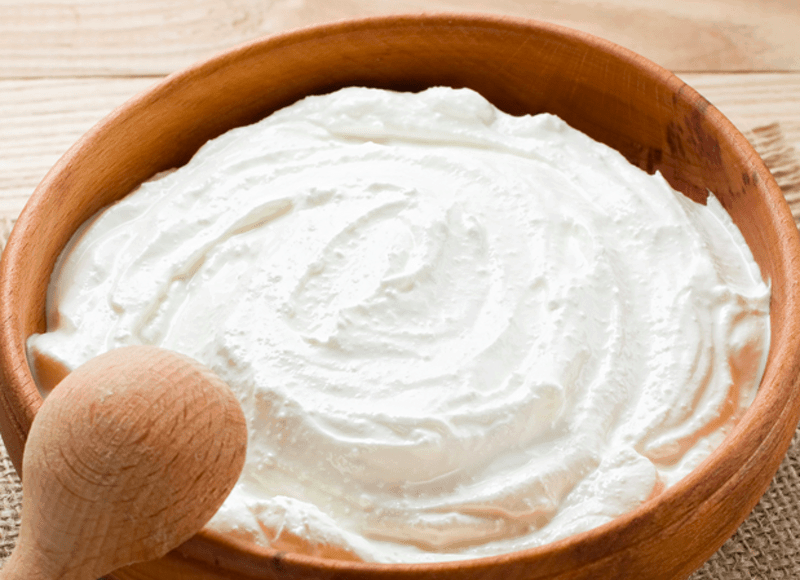The importation of yoghurt from Greece to Australia continues to be banned because Greece is not yet recognised by Australia as an area free of lumpy skin disease in cattle and goats and sheep pox, according to a written statement from the Australian Ministry of Agriculture.
Greek exports of yoghurt products to Australia in the 2010-2018 period were extremely limited after Greece was included, on 25-0-2015, in the list of countries with cases of lumpy skin disease in cattle, according to a Gaia365.gr, post.
The list was issued by the Australian Ministry of Agriculture, which resulted in the ban on Greek yoghurt and dairy imports other than pasteurised cheese and butter.
It should be noted that the import of cheese and butter from Greece is allowed.
In addition, other products with dairy ingredients less than 10 percent may be imported if the dairy ingredients have been pasteurised or processed.
Imports of sheep and goat dairy products (including yoghurt) from Greece to Australia will be possible when the Australian authorities recognise Greece as a country free of lumpy skin disease and pox.
Another major obstacle for the exportation of Greek yoghurt to Australia is the long-distance that increases shipping costs, while complex health checks cause delays that can significantly shorten the shelf life of the product.
According to Australian importers, a significant obstacle to imports of dairy products is the length of time the products remain in quarantine, which is mandatory on all shipments of food products at the first entry point, while on shipments there are random health checks.
The quarantine duration can be two to three weeks, greatly reducing the time the product is placed on the market.
In the case of yoghurt, this delay is crucial given the shorter shelf life of this product than other dairy products. Another major challenge for Greek producers is the dynamic domestic dairy production, which covers the domestic market and generates a surplus which is exported to the international market.
Furthermore, Australian dairy producers make their own “Greek yoghurt”, marketing it in blue and white packaging and supplying the market with the product that is very much in demand, despite the fact that it is not authentic.
